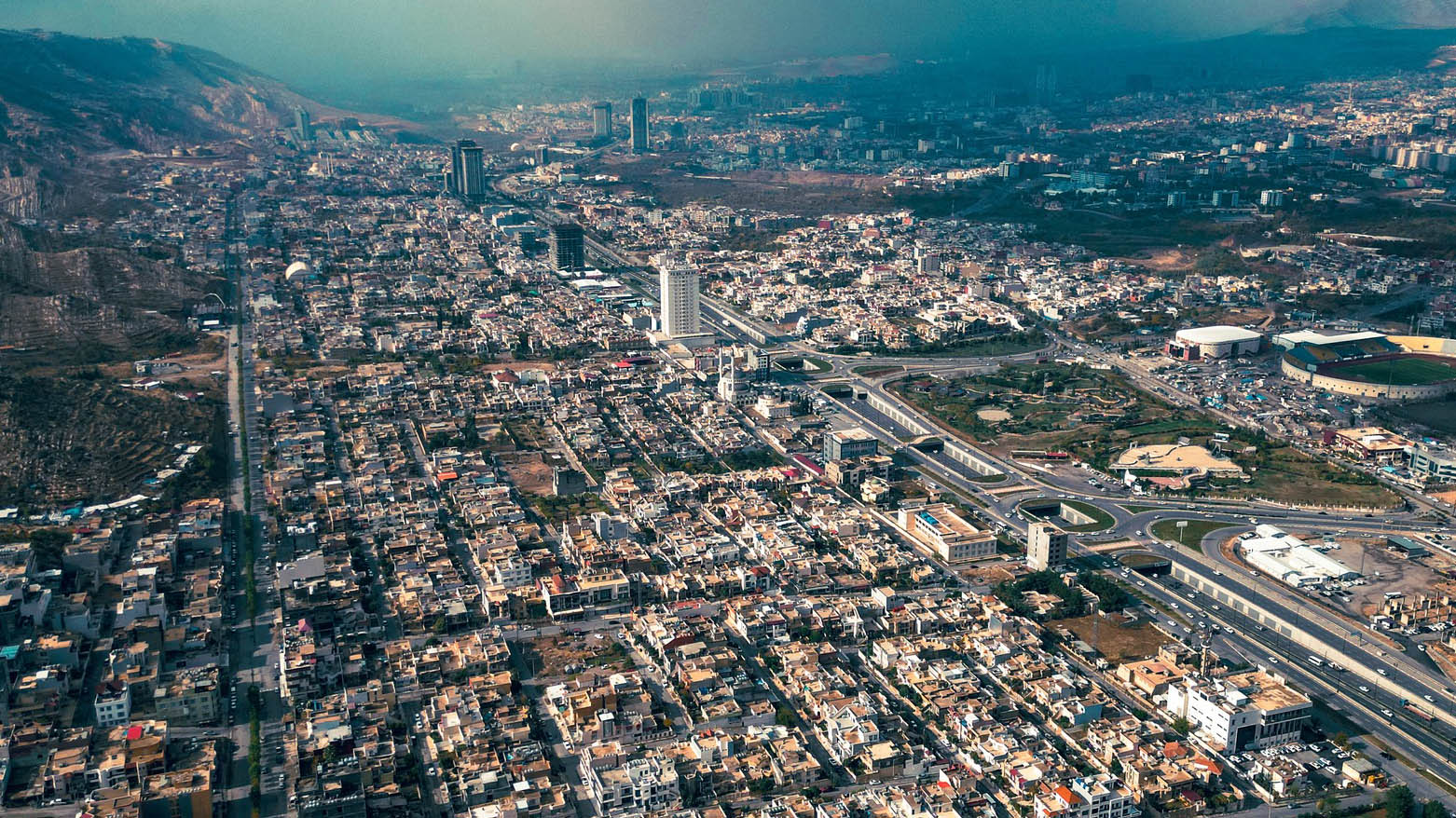Duhok Commemorates 34th Anniversary of 1991 Kurdish Uprising
This annual commemoration serves as a tribute to the courage and resilience of the Kurdish people, who fought against decades of systematic oppression under Saddam Hussein’s rule.

ERBIL (Kurdistan24) – On March 14, Duhok marks the 34th anniversary of its pivotal role in the 1991 Kurdish uprising against the former Iraqi regime, a historic movement that reshaped the political landscape of Kurdistan. This annual commemoration serves as a tribute to the courage and resilience of the Kurdish people, who fought against decades of systematic oppression under Saddam Hussein’s rule.
The uprising began on March 5, 1991, in the town of Ranya, located 140 kilometers east of Sulaimani. Inspired by the collapse of the Iraqi army in the wake of the Gulf War, Kurdish revolutionaries swiftly took control of key security and military installations belonging to Saddam Hussein’s government. The momentum of the uprising soon spread across the region, culminating in the expulsion of Iraqi forces from Kurdistan by October of the same year.
The 1991 Kurdish uprising was not an isolated event but rather the culmination of years of suffering under the Ba’athist regime. Throughout the 1980s, the former Iraqi government orchestrated brutal campaigns against the Kurdish population, including mass executions, aerial bombardments, and chemical attacks. Among these atrocities, the Halabja massacre remains one of the darkest chapters in Kurdish history, where thousands of civilians perished in a chemical attack ordered by the regime.
Participants in the uprising have long emphasized that their struggle was driven by the relentless oppression and marginalization imposed on the Kurdish people. The Peshmerga played a critical role in the movement, strategically assisting revolutionaries in seizing government offices and military headquarters across the region. Their determination and sacrifice were instrumental in the success of the uprising.
As the uprising gained momentum, the international community intervened to prevent further atrocities. A no-fly zone was imposed over Kurdistan by the United Nations and its allies, providing a crucial lifeline for displaced Kurdish families who had fled to neighboring countries. The protection afforded by the international coalition allowed thousands of refugees to return to their homeland safely.
The success of the uprising paved the way for the establishment of the Kurdistan Regional Government (KRG). In May 1992, the first free elections were held in Kurdistan, leading to the formation of the region’s first parliament. This democratic milestone marked the beginning of a new era in Kurdish self-governance, laying the foundation for political stability and institutional development.
Decades later, the legacy of the 1991 uprising continues to shape Kurdistan’s path toward self-determination and progress. The commemoration of this historic event serves as a reminder of the sacrifices made by those who fought for freedom and justice, reinforcing the enduring spirit of the Kurdish people in their ongoing struggle for sovereignty and recognition.